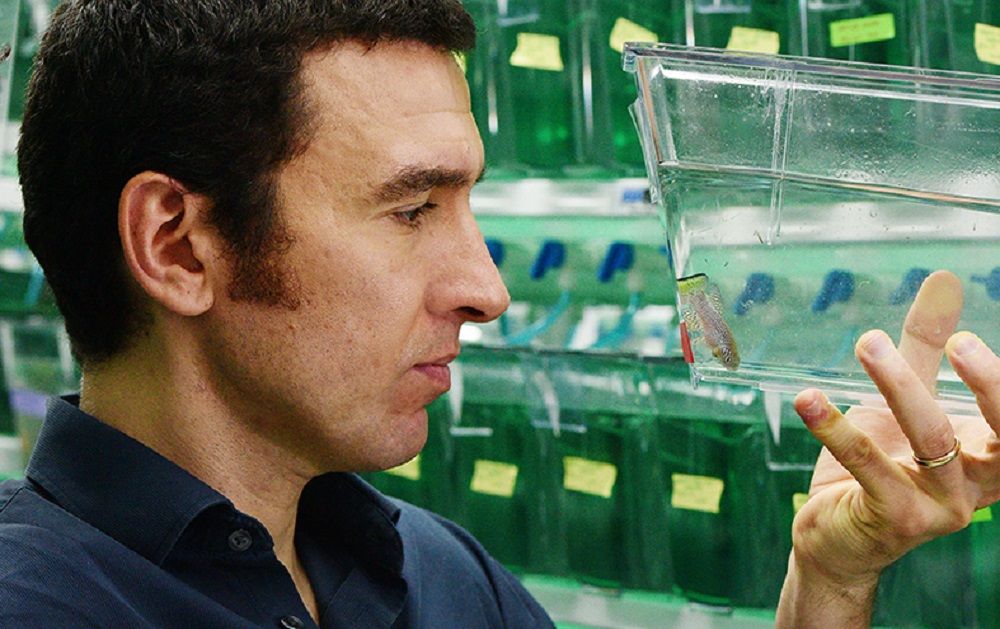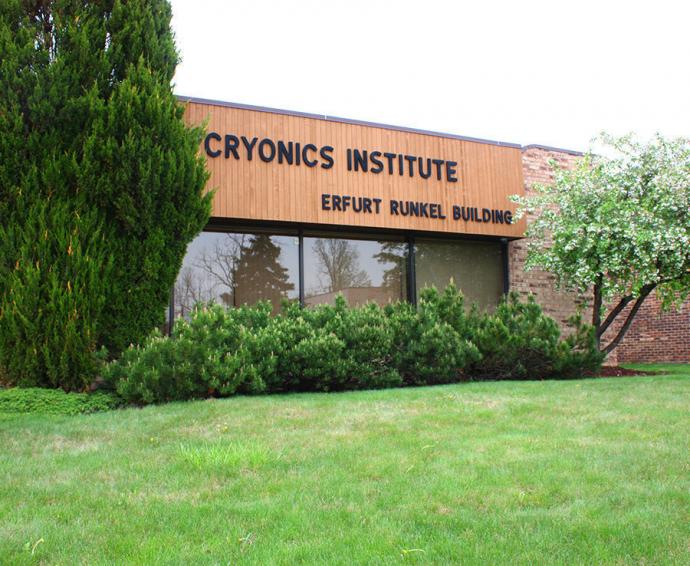A look back at the most popular life extension articles of 2017.
Senolytic compounds hold promise to reverse aging in humans. In a review published yesterday, leading researcher James L. Kirkland, M.D., Ph.D., compiles a comprehensive list of the leading senolytic compounds under development for human use, two of which are currently in clinical trials. [This article first appeared on LongevityFacts.com. Follow us on Reddit | Google+. Author: Brady Hartman. ]
Imagine if you were able to reverse aging and bring your body back to its original health and vigor.
Researchers have already discovered a group of drugs called senolytics which perform this miraculous transformation in mice and are testing them in humans as we speak.










